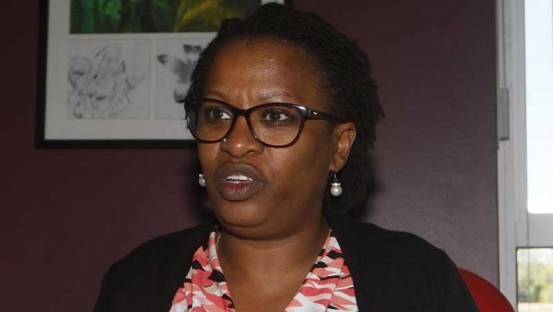
Prof Esther Koi Tirima was the Vice Chancellor of Cavendish University Uganda before she accepted the position of regional director position for GEMS Africa Institutes of Teacher Training in East Africa. With a Doctorate in Education from the University of Idaho and more than 20 years experience in higher education, Prof Tirima is an expert in curricula development and assessment and accreditation of higher education institutions. She speaks to Hashtag on the challenges and successes of the new curriculum and the striking difference between Kenya’s higher education sector and that of Uganda.
Who is Prof Esther Koi Tirima?